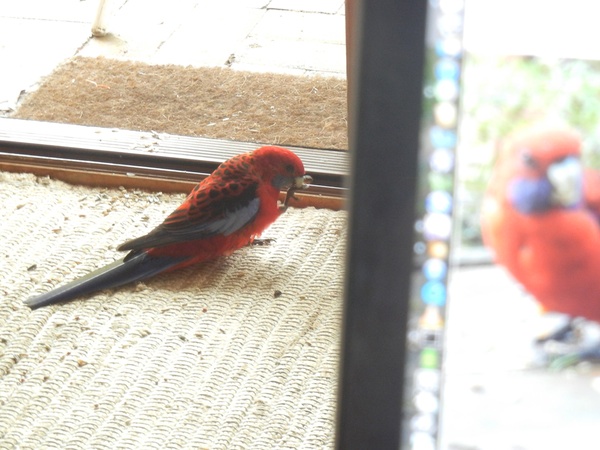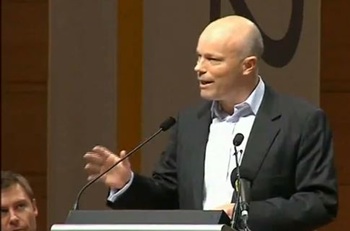
 It has been my very great pleasure this week to produce an entire episode of ABC Radio National’s Future Tense, titled Bug bounties and pentesting: the Wild West of online security.
It has been my very great pleasure this week to produce an entire episode of ABC Radio National’s Future Tense, titled Bug bounties and pentesting: the Wild West of online security.
Here’s how the ABC has introduced this documentary:
Online information security is estimated to be worth more than $75 billion annually. And that figure is certain to grow as more and more of our everyday devices are given internet connectivity.
So why are our cyber-networks still being hacked on an industrial scale? Despite all that we’ve learnt about online fraud and malicious attacks, why is the digital world still so fragile?
In this edition of Future Tense, technology writer and commentator Stilgherrian talks ‘bug bounties’ and ‘pentesting’ as he introduces us to those at the coal-face of the security challenge.
Here’s the full half-hour documentary, featuring Alastair MacGibbon, Children’s eSafety Commissioner for the Australian Government; Casey Ellis, founder and CEO of Bugcrowd; Associate Professor Asha Rao, information security expert from RMIT University; Fatemah Beydoun, Chief Awesome at Security Code Warrior and a former IT security auditor; Joe Franzi, Assistant Secretary, Cyber Security, Australian Signals Directorate; John McCormack, CEO of Raytheon|Websense; Nathaniel Wakelam, professional penetration tester/hacker; and a snippet from Alan Dupont, Professor of International Security at the University of New South Wales.
Podcast: Play in new window | Download (13.5MB)
The program is ©2015 Australian Broadcasting Corporation, and it’s served here directly from the ABC website, where you can also read a transcript.
Both the ABC and I are pleased with how this went, and I’ve been invited to pitch further story ideas in the new year.
[Photo: Recording my Future Tense narration in ABC Radio studio E46 in Sydney, on Monday 23 November 2015. This environment was overkill. I wasn’t using any of the studio gear, just my own Sennheiser e835 microphone, Zoom H6, and MacBook Pro — so basically the three items in the foreground — but I needed a proper quiet room.]



